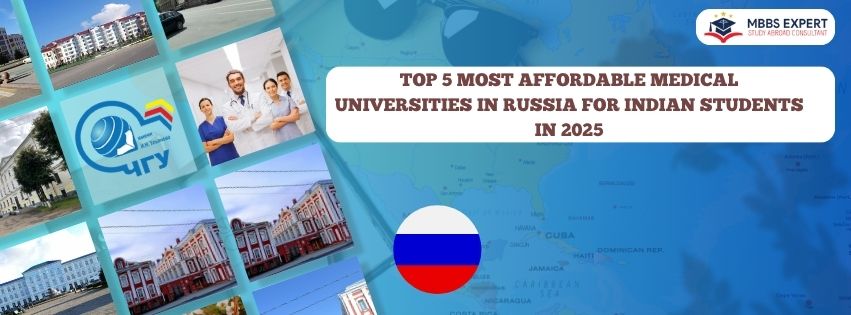Budget-Friendly Medical Education in Russia: Affordable Universities for Indian Students Introduction Pursuing a medical degree…
The most advantageous approach for the Manila Times College of Medicine
27 Total Views , 1 views today
The most advantageous approach for the Manila Times College of Medicine
 The Manila Times College of Medicine can benefit greatly from the expertise and guidance of a College Dean with experience from the United States, particularly in preparing students for the United States Medical Licensing Examination (USMLE). The most advantageous approach for the Manila Times College of Medicine:
The Manila Times College of Medicine can benefit greatly from the expertise and guidance of a College Dean with experience from the United States, particularly in preparing students for the United States Medical Licensing Examination (USMLE). The most advantageous approach for the Manila Times College of Medicine:
- Curriculum Alignment: The College Dean should work towards aligning the curriculum with the requirements of the USMLE. This includes incorporating relevant subjects, clinical skills training, and emphasizing critical thinking and problem-solving abilities necessary for the exam.
- Faculty Development: The Dean should facilitate faculty development programs, inviting experienced educators and clinicians with knowledge of the USMLE to conduct workshops and training sessions. This will enhance the faculty’s ability to guide and prepare students effectively.
- Resources and Facilities: The Dean should prioritize providing the necessary resources and facilities to support students in their USMLE preparation. This includes access to up-to-date study materials, practice questions, simulated exams, and computer-based testing facilities.
- Guidance and Counseling: The Dean, along with the faculty, should establish a strong mentoring system to guide and counsel students throughout their USMLE journey. This can involve regular meetings, study groups, and one-on-one sessions to address any concerns and provide academic and emotional support.
- Exam Preparation Courses: The College Dean can collaborate with established USMLE preparation organizations or develop in-house exam preparation courses. These courses can provide targeted instruction, practice exams, and constructive feedback to ensure students are well-prepared for the different stages of the USMLE.
- Collaboration with US Medical Institutions: The Dean should foster partnerships and collaborations with US medical institutions, including hospitals and research centers. This can create opportunities for clinical rotations, observerships, and research experiences, which will expose students to the US healthcare system and enhance their chances of success in the USMLE.
- Continuous Evaluation and Improvement: The Dean should implement a system for continuous evaluation of the USMLE preparation program. Regular feedback from students, faculty, and alumni should be collected and used to identify areas for improvement and implement necessary changes to enhance the program’s effectiveness.
- Standardized Testing Strategies: The College Dean should emphasize the importance of developing effective test-taking strategies for the USMLE. This includes teaching students how to approach multiple-choice questions, time management techniques, and practicing with sample exams to familiarize themselves with the format and pacing of the test.
- Clinical Skills Development: The Dean should prioritize the development of clinical skills among the students. This can involve providing ample opportunities for hands-on clinical training, simulations, and standardized patient encounters to enhance their ability to perform well in the practical components of the USMLE.
- Networking and Mentorship Opportunities: The Dean should establish connections with alumni who have successfully completed the USMLE and are currently practicing in the United States. This network can provide valuable mentorship and guidance to current students, sharing their experiences and offering insights into the licensing process, residency applications, and career opportunities in the US.
- Residency Application Support: The College Dean should provide guidance and support to students throughout the residency application process. This can involve organizing workshops on crafting strong personal statements, preparing for interviews, and assisting with the compilation of application materials to increase the chances of securing desirable residency positions.
- Stay Updated on USMLE Changes: The Dean should stay abreast of any updates or changes in the USMLE examination structure and content. This includes staying connected with relevant US medical associations, subscribing to newsletters, and attending conferences to ensure that the curriculum and preparation methods align with the current requirements of the exam.
- Track Student Performance: The College Dean should implement a system to track and monitor the performance of students in their USMLE exams. This data can help identify areas where students may require additional support or where curriculum adjustments may be necessary to enhance overall student success.
- Foster a Supportive Learning Environment: The Dean should cultivate a supportive and collaborative learning environment where students can engage in peer-to-peer learning, form study groups, and share resources and knowledge. This can foster a sense of community and motivation among the students, enhancing their overall learning experience and preparation for the USMLE.
- Alumni Engagement: The Dean should actively engage with the College’s alumni who have successfully pursued careers in the US. They can be invited to share their experiences, provide guest lectures, or even participate in mock interviews to help current students better understand the expectations and challenges they may encounter in their USMLE journey.





